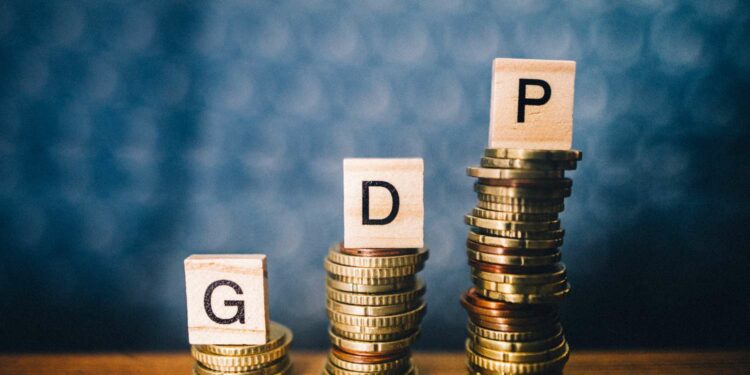Africa’s GDP to rise to $15trn on investment in agriculture, industry, service
Africa’s gross domestic product (GDP) is projected to grow significantly to $15 trillion over the next decade, driven by substantial investment in agriculture, industry, and services, according to Patrick Ndzana Olomo, acting director of Economic Development at the African Union.
Speaking at the ongoing 4th Intra-African Trade Fair 2025, organized by Afreximbank, the African Union, and the AfCFTA in Algiers, Algeria, Olomo said Africa has the potential to achieve annual growth rates of 7 to 10 percent if strategic investments are made in key sectors.
“When we look at the dynamics of growth, it is expected that if we invest massively in agriculture, in industry, and in services, Africa will be able to post seven to ten percent growth in the next decade and even beyond,” he said. “That level of growth will push our GDP from the current $3.4 trillion to approximately $15 trillion, effectively tripling it within a decade.”
Olomo emphasised that realising this economic transformation requires urgent and deliberate action to strengthen financial and economic governance. He revealed that Africa loses around $587 billion annually due to corruption, illicit financial flows, and negative risk perceptions, resources that could otherwise fund the continent’s $472 billion annual development needs.
“Time has come for us to build a continent that is economically viable and uses its resources more effectively,” he stated.
He further highlighted the need to invest in both hard and soft infrastructure, particularly energy. Stressing the importance of sustainable energy, including nuclear power, Olomo noted that energy is central to Africa’s structural transformation and industrialization goals.
He pointed to the continent’s demographic advantage, stating that by the coming years, two out of every three young people in the world will be African. This, he said, presents a massive opportunity for market expansion and investment.
Despite having the most fertile arable land globally, Africa continues to rely heavily on imported goods, a trend Olomo said undermines the goals of the African Continental Free Trade Area (AfCFTA). “There is no development that can be achieved if we do not invest in producing the goods that will be traded within the continent,” he warned.
He called on African leaders and institutions to take bold, coordinated steps to invest in agriculture, industry, energy, and the right services to ensure sustainability and self-sufficiency.
“For us at the African Union, we have already taken actions and we are supporting our member states to build the right infrastructure and institutions,” Olomo said, concluding that institutional capacity is key to fighting corruption and strengthening Africa’s economic systems.
Responding to the collaboration between the Caribbean and Africa in terms of boosting trade, during the panel session, a representative from Caribbean noted that
In 2022, the CARICOM community signed a partnership agreement with Afraxem Bank to get trade going.
“I believe we’re working hard to make it happen, but beyond just following through, we also need to address and remove some of the existing barriers. There are still a few restrictions here and there that need to be resolved.
We’d like to see the process move a bit faster. As for my project, it’s already in motion. We’ve agreed on the terms of our project preparation facility, which we’re developing in partnership with Afreximbank, and in close collaboration with the Canex unit. This marketplace will ultimately represent all 55 African countries, each with its own permanent pavilion, the representative said”








